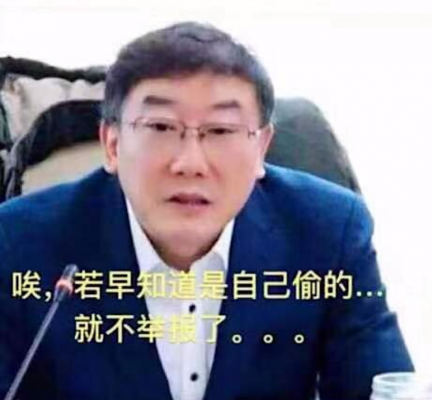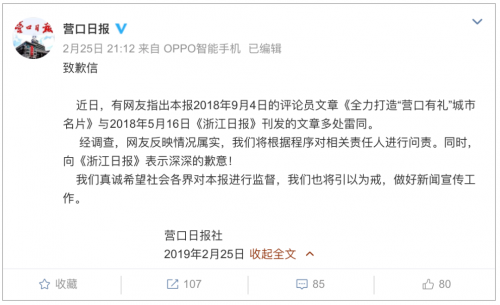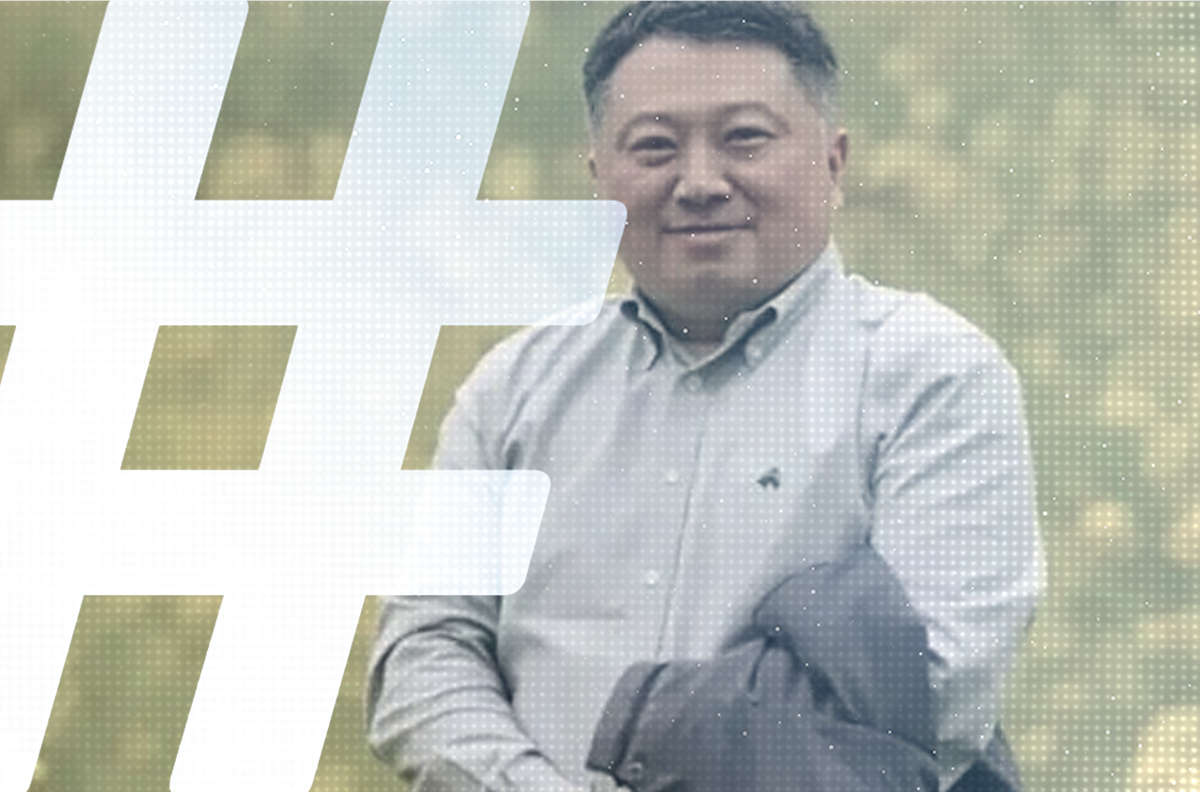Topping our short list of media stories for the past week, the controversy over missing documents in a contract dispute between the private Kechley Energy and the state-run Xian Institute of Geological and Mineral Exploration — a case driven into the public eye by former television host Cui Yongyuan (崔永元) — took a bizarre turn as the key whistle-blower in the case, supreme court judge Wang Linqing (王林清), confessed on national television to taking the missing documents himself. Chinese commenting online and on social media were understandably skeptical, sensing powerful interests at play. Over the past six years under Xi Jinping, CCTV has developed quite a track record of airing the ostensible “confessions” of detained individuals before they have appeared at trial or had access to legal advice.
Also this week, a local Party-run newspaper is called out and apologises after being caught plagiarising another Party-run newspaper; China’s internet users surpass 800 million; and the official Study Times, a journal under the Central Party School, is upgrade to a central-level Party news unit, bringing the country’s total back to 18 after structural reforms last year reduced the number.
THIS WEEK IN CHINA’S MEDIA
February 23 to March 1, 2019
➢ Supreme court judge confesses to removing documents in high-profile contract dispute, internet users skeptical
➢ Yingkou Daily admits to plagiarised article and issues apology
➢ Study Times to be upgraded to a central-level news unit
➢ New report shows total internet users in China topping 800 million
[1] Supreme court judge confesses to removing documents in high-profile contract dispute, internet users skeptical
On February 22, a joint investigation team led by the Central Political and Legal Affairs Commission (中央政法委) and including the National Supervisory Commission (中央纪委国家监委) and the Supreme People’s Court (最高人民检察院), released the findings of its investigation into files that went missing in the “Kechley Energy” missing files case (凯奇莱案) and the related legal dispute between two resource-extraction companies. According to the investigation results, Wang Linqing (王林清), the supreme court judge who previously blew the whistle on the fact that the documents in question were missing, confessed to the investigative team that he himself had intentionally removed them out of anger, and in order to prevent others from handling the case because he felt the case was an important one and did not want to share credit.
On March 1, Wang also appeared in a televised confession on China Central Television, saying he had taken the case documents home. A report on CCTV said that Wang faces charges of illegally obtaining and leading state secrets. These seemingly contradictory statements from the man who was the original eyewitness in the case were mocked by Chinese online.

The papers, which dealt with a contract dispute between a private energy company called Kechley Energy, and Xian Institute of Geological and Mineral Exploration, a state-run company. The private company won its case in China’s supreme court in 2017, but the ruling was never acted upon. The case, including the missing documents, finally became public in December last year, thanks to posts made to social media by Cui Yongyuan (崔永元), a former television host.
KEY SOURCES:
People’s Daily (人民日报): 中央政法委牵头的联合调查组公布“凯奇莱案”卷宗丢失等问题调查结果
Weibo account “News Headline Express” (新闻头条快报): 王林清,你就是个蠢货!
Sougou Encyclopedia (搜狗百科): 凯奇莱案
[2] Yingkou Daily admits to plagiarised article and issues apology
On February 25, the self-media account “@ZeiCha” (@贼叉) revealed through its Weibo account that Yingkou Daily (营口日报), the official mouthpiece of the Party leadership in Yingkou City in Liaoning province, had published a commentary called “Fully Creating the ‘Yingkou Courtesy’ City Calling Card” (全力打造“营口有礼”城市名片) that blatantly plagiarised an article published in the May 16, 2018, edition of Zhejiang Daily (浙江日报) and bearing the byline of Xu Wenguang (徐文光), the Party secretary of Quzhou City. The post said that the article in Yingkou Daily was 70 percent identical to the Zhejiang Daily article.

On February 25, Yingkou Daily issued an apology for the incident on its official Weibo account, apologising to Zhejiang Daily and pledging to discipline those responsible.
KEY SOURCES:
WeChat public account “Media Observer” (传媒大观察): 那个抄袭文章的《营口日报》道歉了
“@ZeiCha” (@贼叉): 《营口日报》的这位评论员,word整挺好啊。。。
Yingkou Daily (营口日报): 全力打造“营口有礼”城市名片
Weibo account @YingkouDaily (@营口日报): 致歉信
[3] Study Times to be upgraded to a central-level news unit, bringing total back to 18
In March 2018, with the merger of three broadcast networks, China National Radio (中央人民广播电台), China Central Television (中央电视台) and China Radio International (中国国际广播电台), China had its total number of central-level news units (中央媒体单位) — meaning those directly under the leadership of the Central Propaganda Department of the Chinese Communist Party — reduced from 18 to 16. In May 2018, the upgrade of the People’s Consultative News (人民政协报) brought the number of central-level news units back up to 17. With the elevation of Study Times, China has returned to a new era of (18 central media).
The media include:
People’s Daily (人民日报)
Xinhua News Agency (新华社)
Voice of China (中央广播电视总台)
Seeking Truth (求是)
People’s Liberation Army Daily (解放军报)
Guangming Daily (光明日报)
Economic Daily (经济日报)
China Daily (中国日报)
Science and Technology Daily (科技日报)
People’s Consultative News (人民政协报)
China Discipline Inspection News (中国纪检监察报)
Study Times (学习时报)
Worker’s Daily (工人日报)
China Youth Daily (中国青年报)
China Women’s News (中国妇女报)
Farmer’s Daily (农民日报)
Legal Daily (法制日报)
China News Service (中新社)
The supervising institution of the Study Times is the Central Party School of the CCP (中共中央党校). The journal was launched in September 1999, the calligraphy on its masthead written by President Jiang Zemin ( 江泽民) and an opening message penned by Hu Jintao (胡锦涛).
KEY SOURCES:
WeChat public account “Media Tea Party” (传媒茶话会): 独家!17家中央新闻单位将添新兵!
Study Times Online (学习时报网)
[4] New report shows total internet users in China topping 800 million
On February 28, the China Internet Network Information Centre (CNNIC), an administrative agency under China’s Ministry of Information Industry, released its 43rd China Statistical Report on Internet Development (中国互联网络发展状况统计报告). According to the report, the number of . internet users in China reached 829 million by December 2018, adding more than 56 million internet users in the past year, with total internet penetration reaching 59.6 percent of the population.
KEY SOURCES:
Guangming Daily (光明日报): 第43次《中国互联网络发展状况统计报告》发布 我国网民规模已达8.29亿 互联网普及率近6成




















